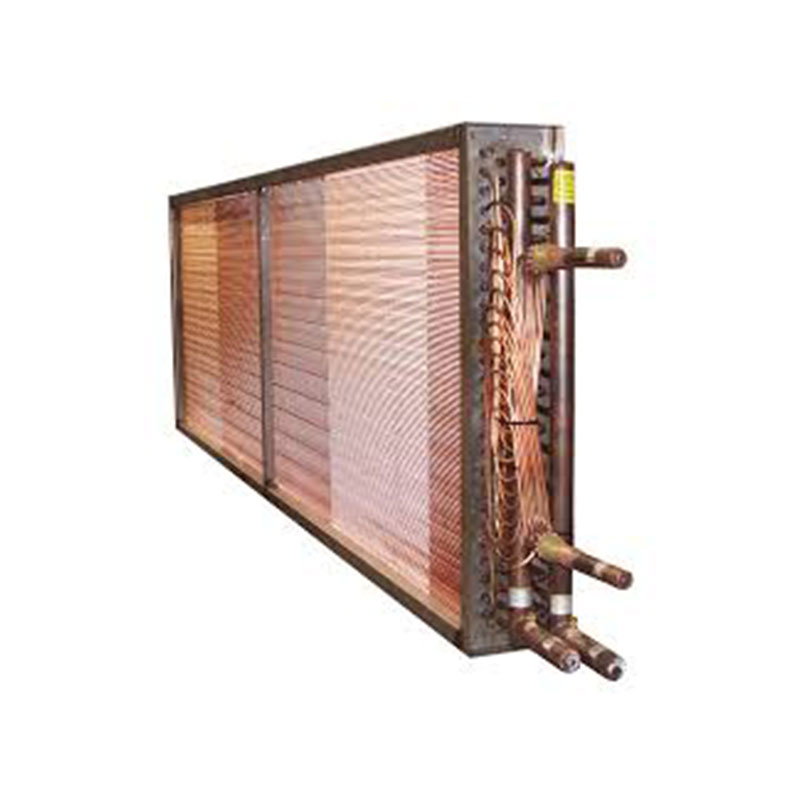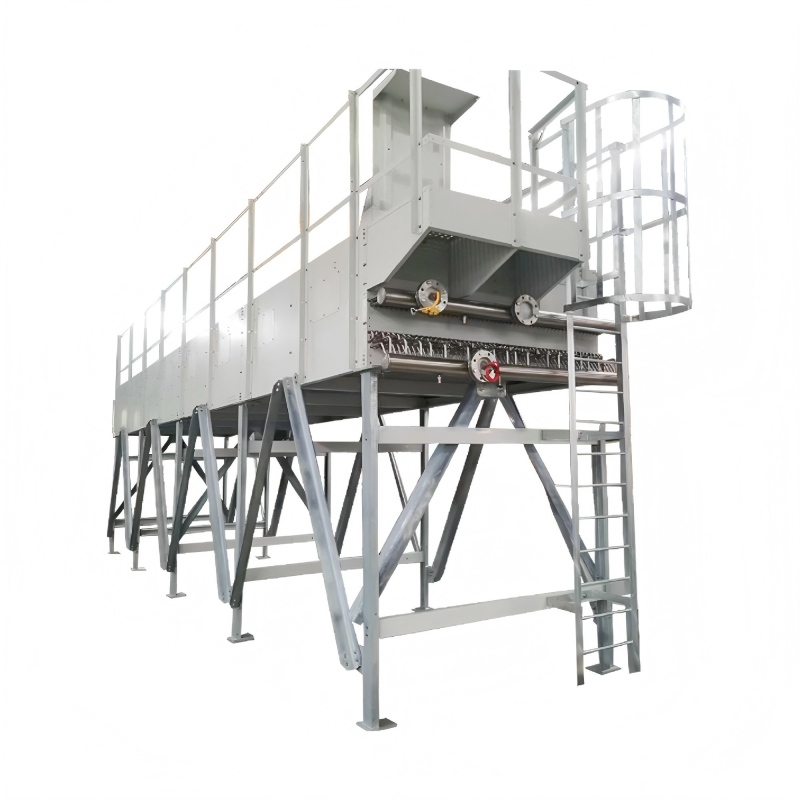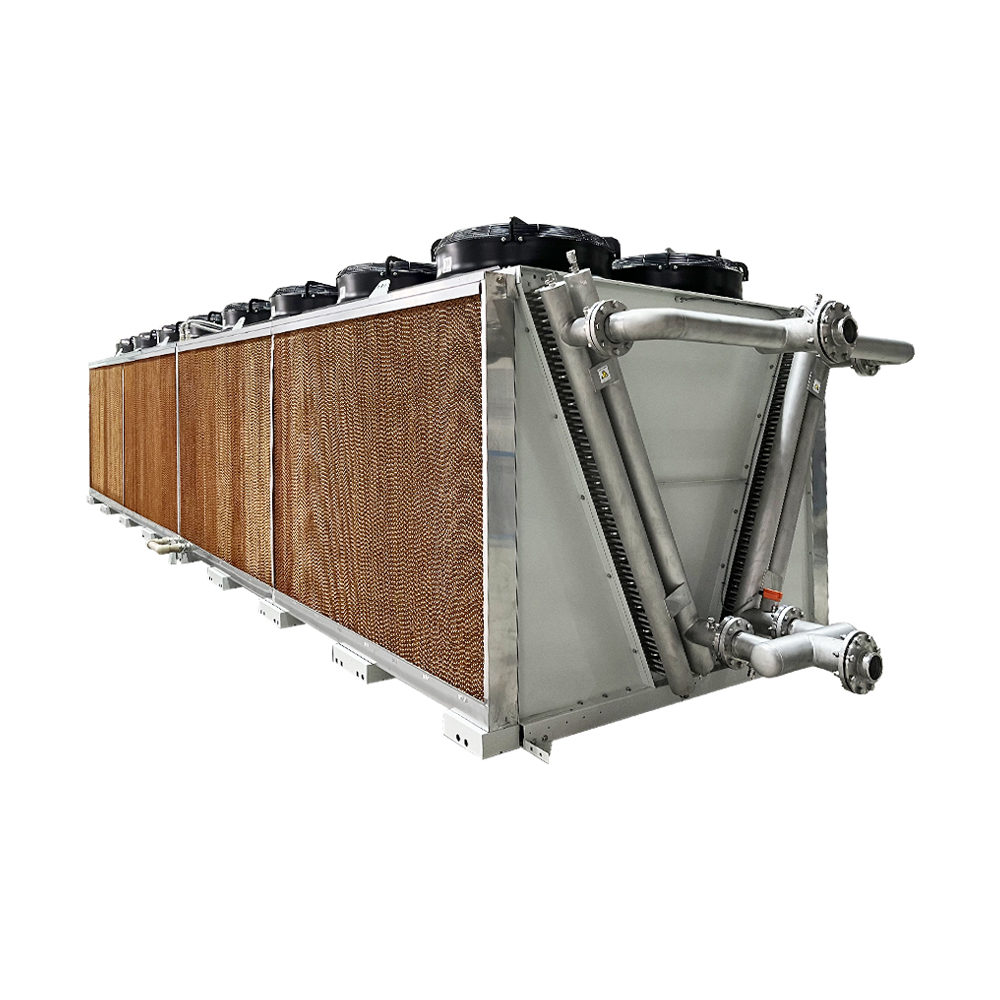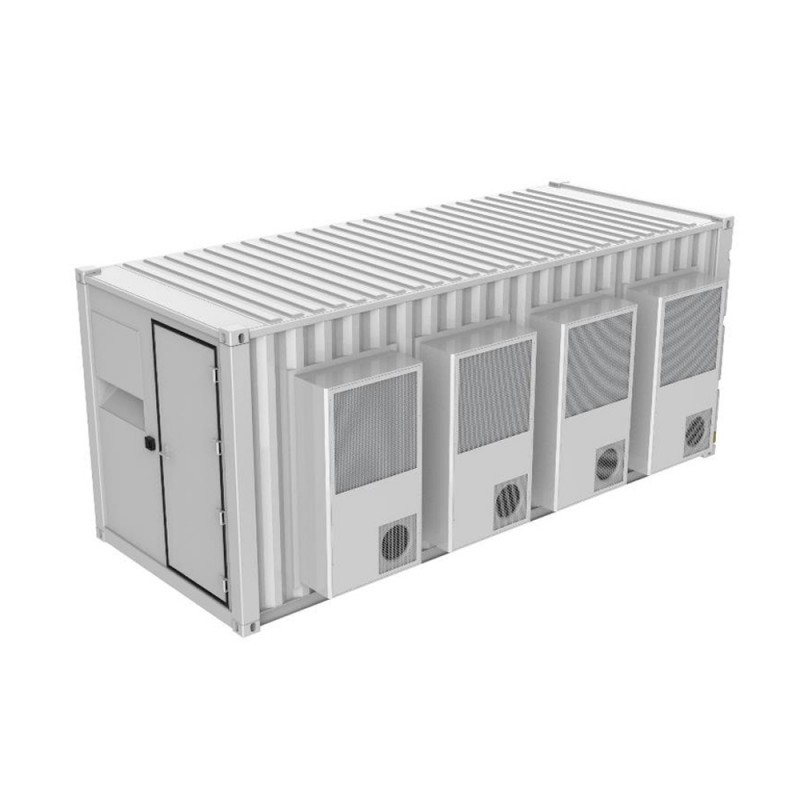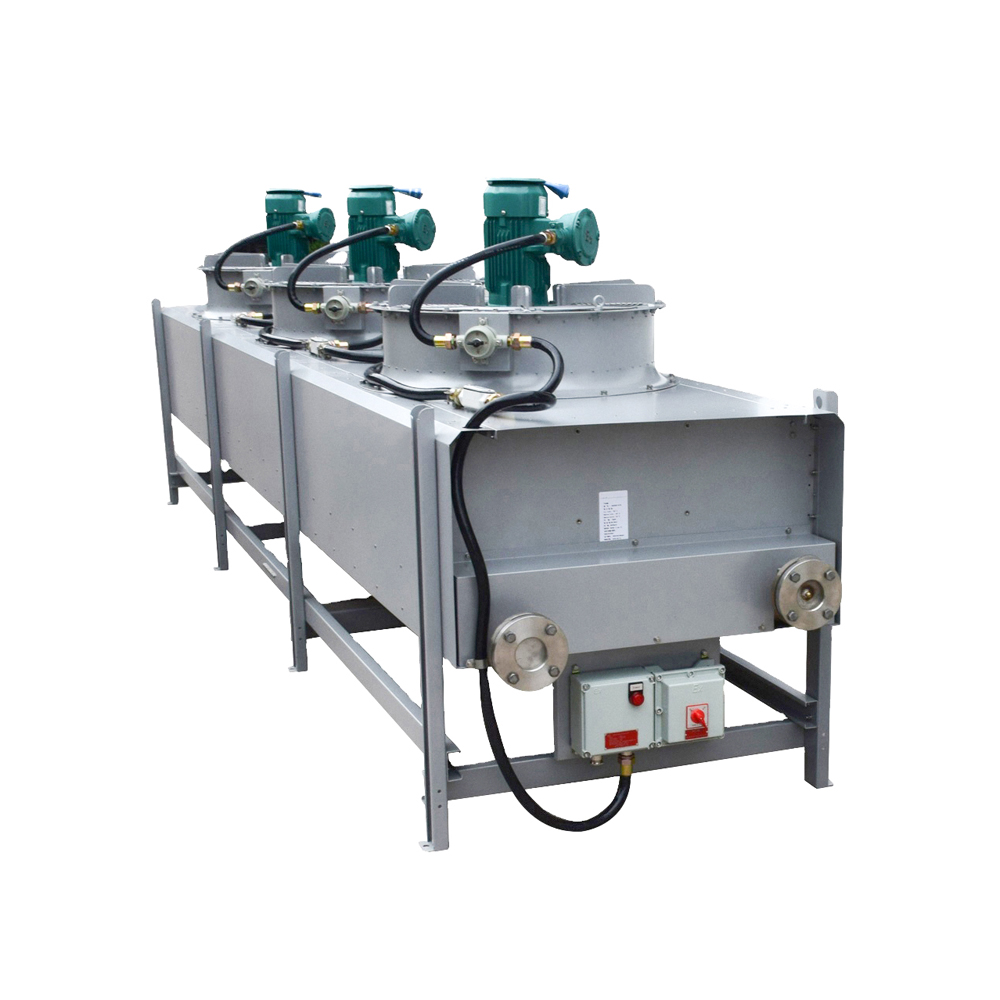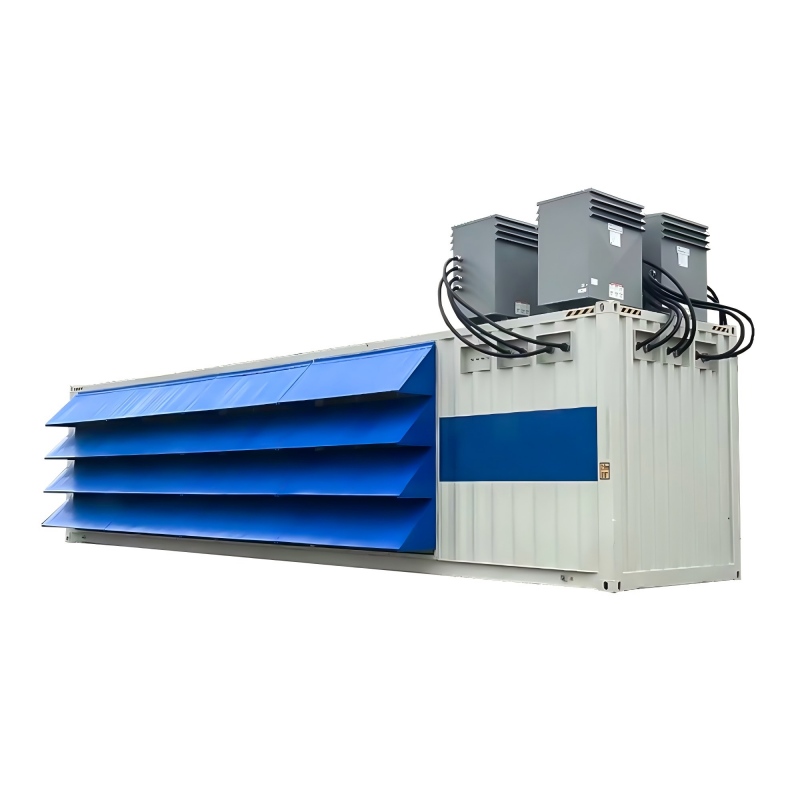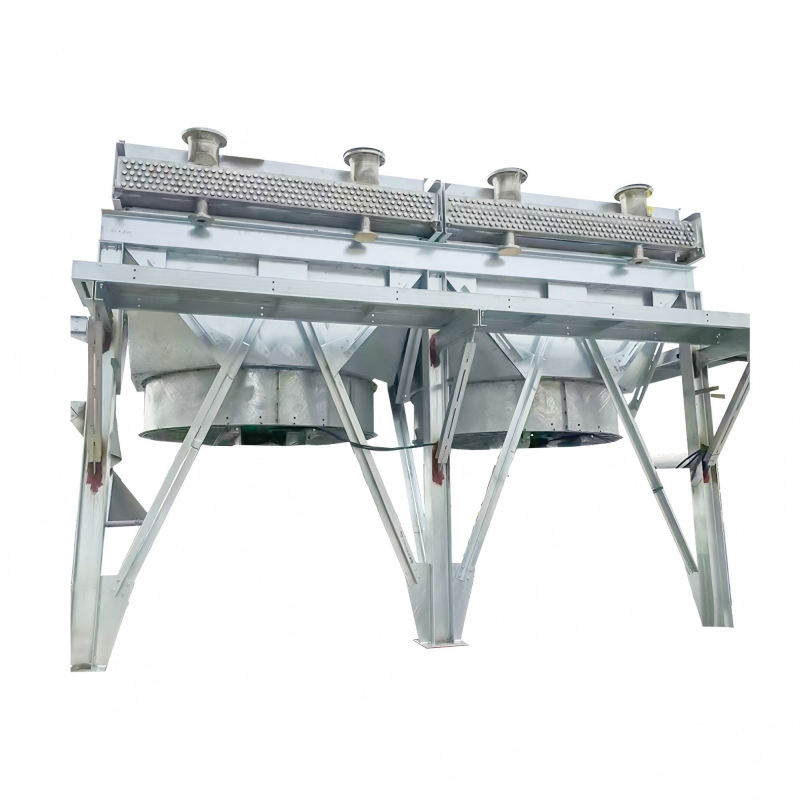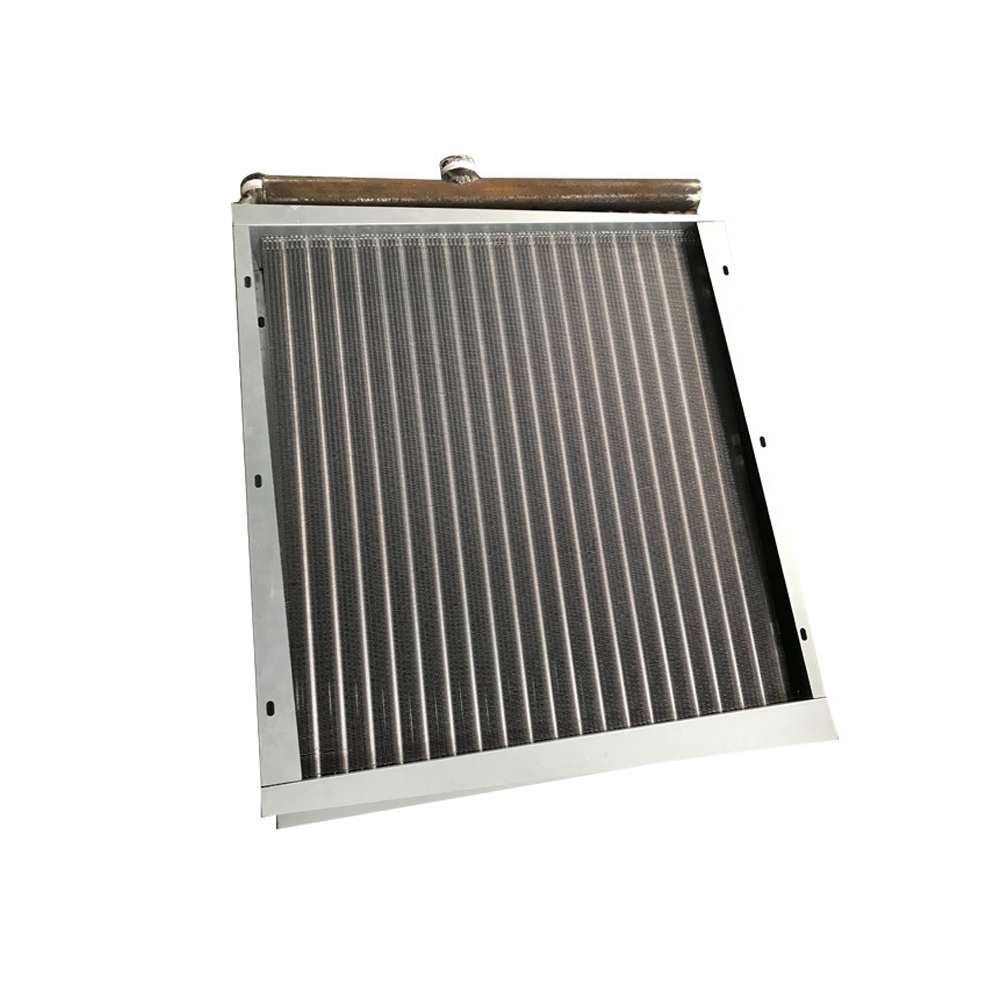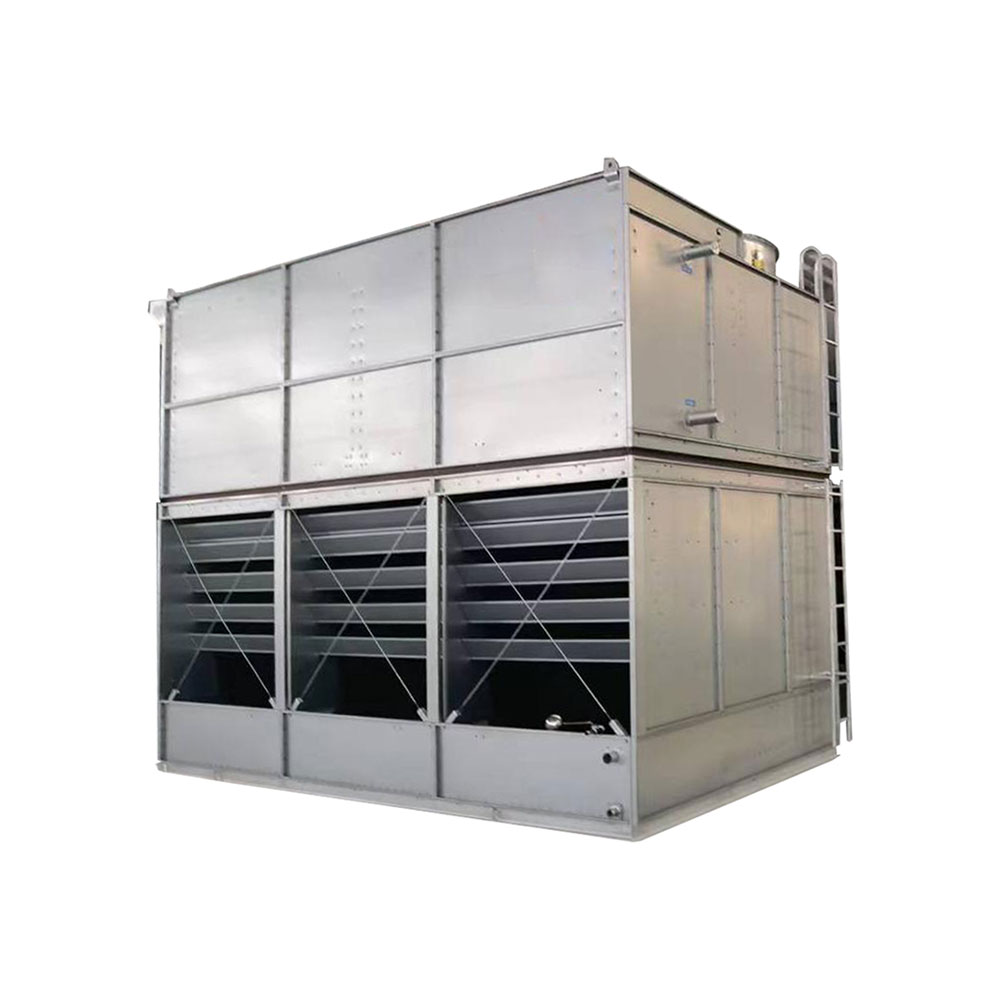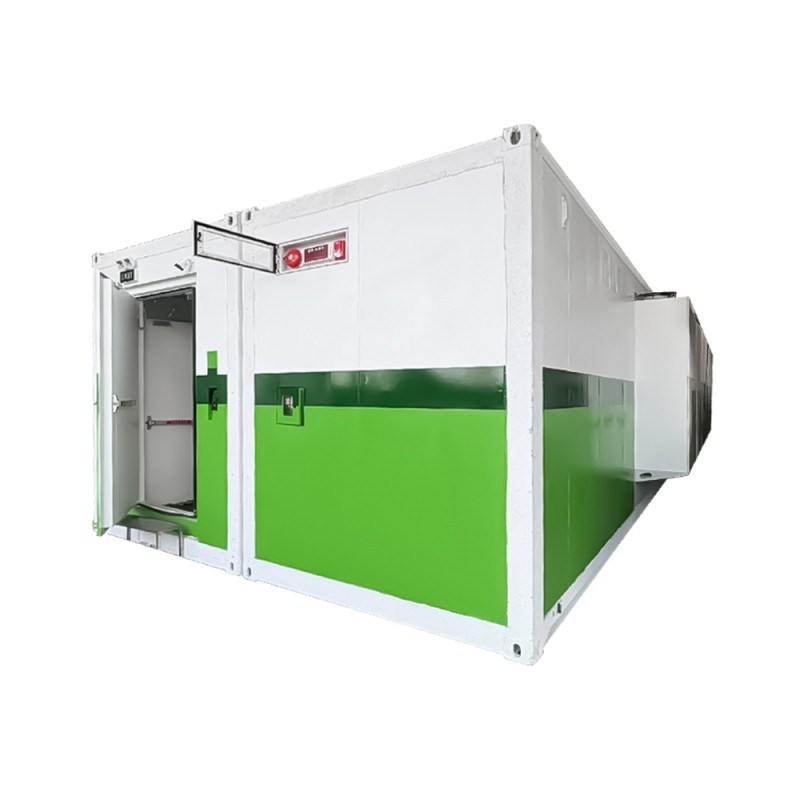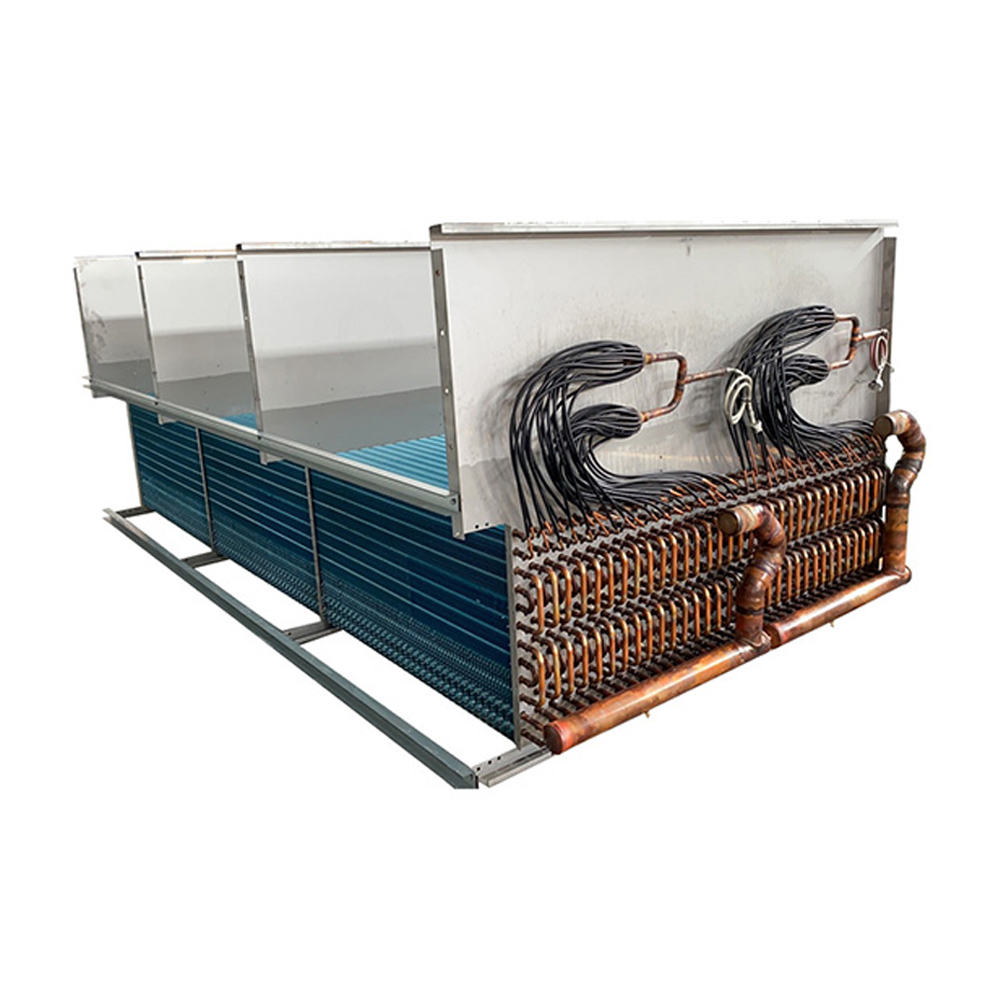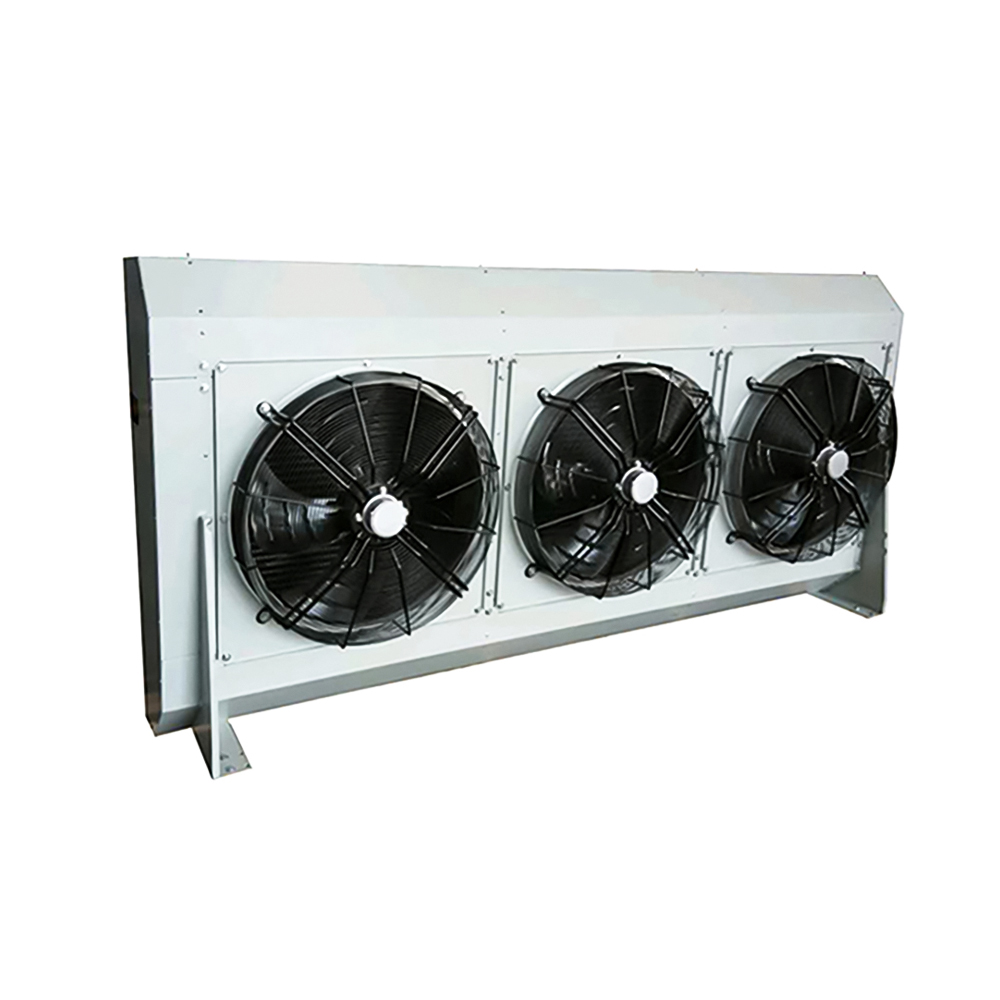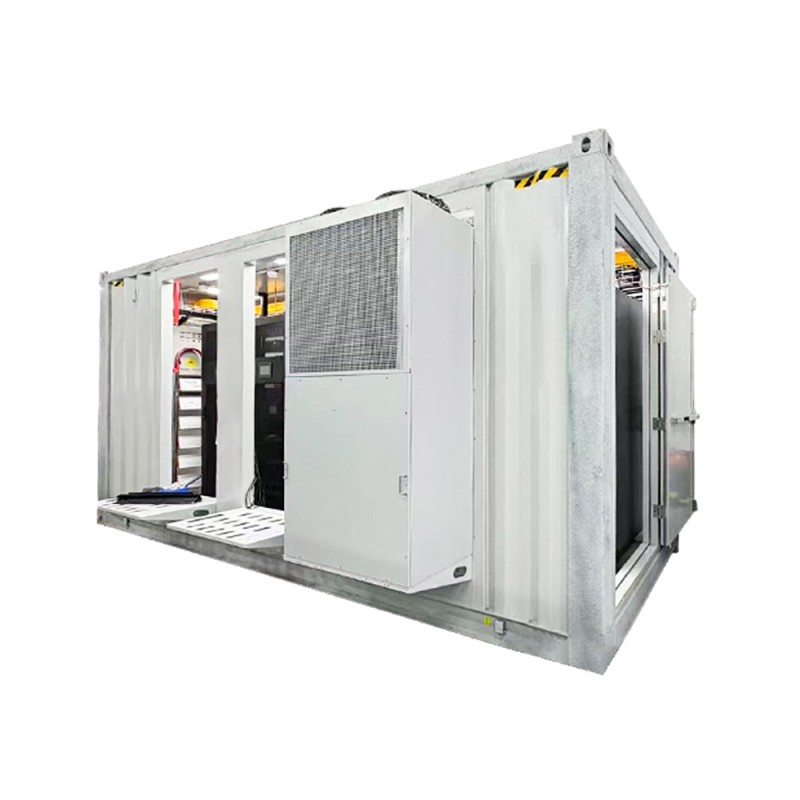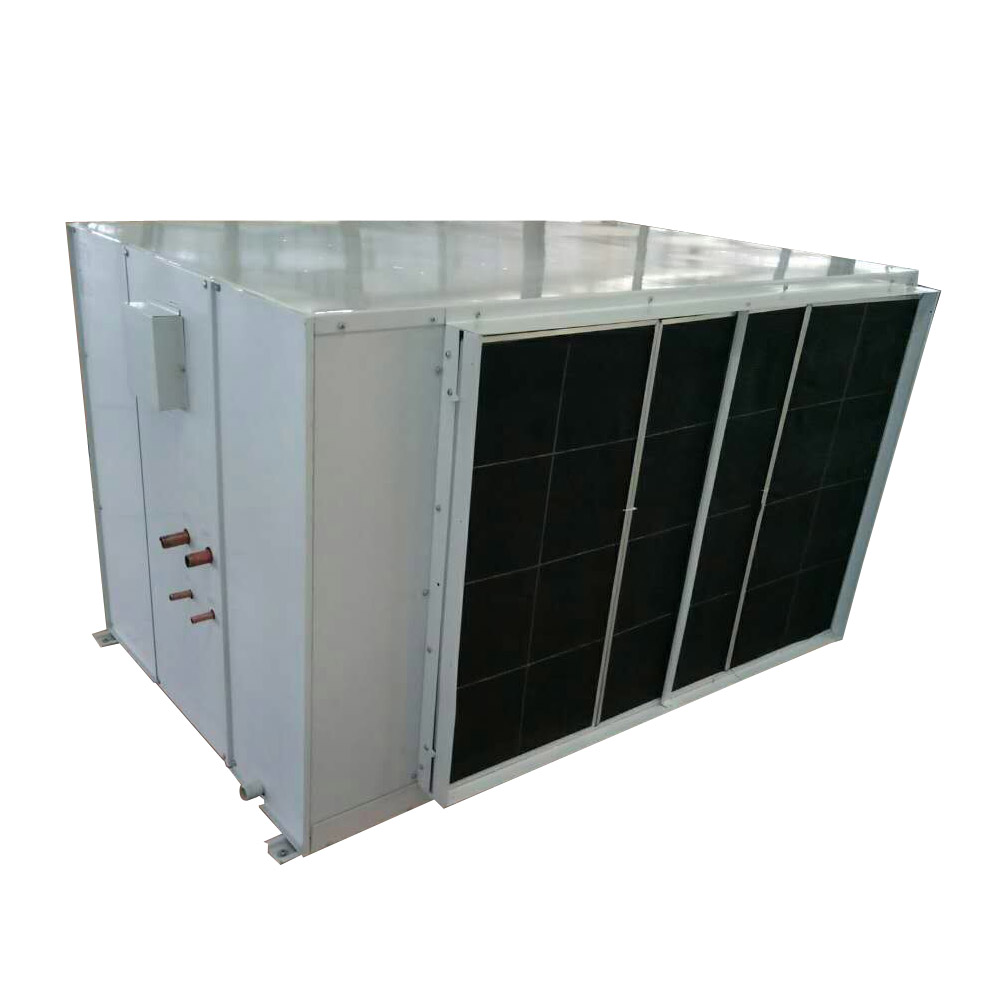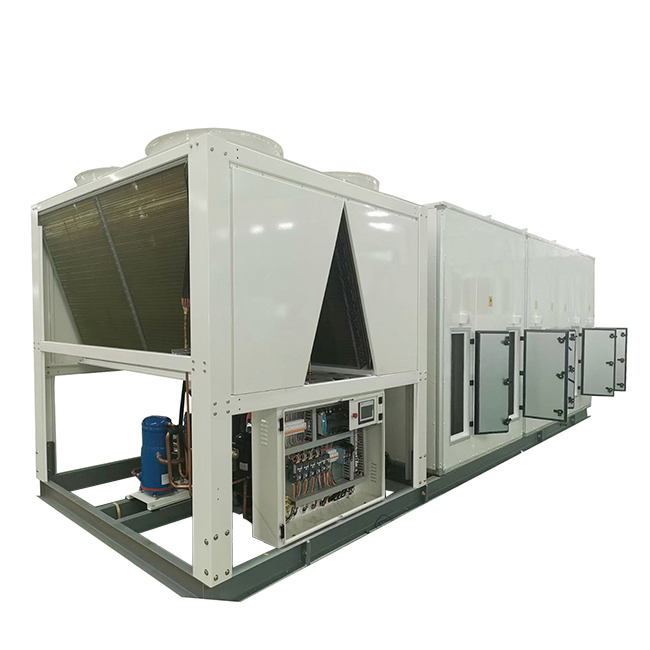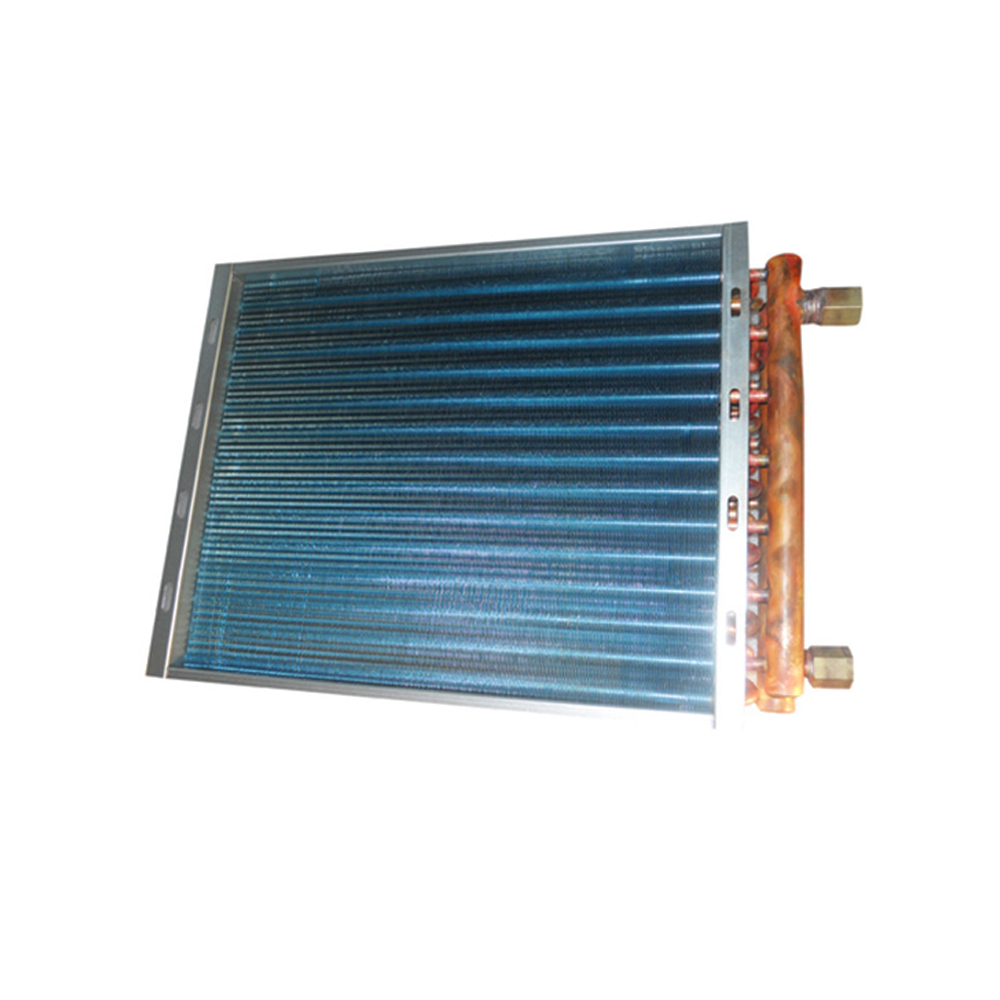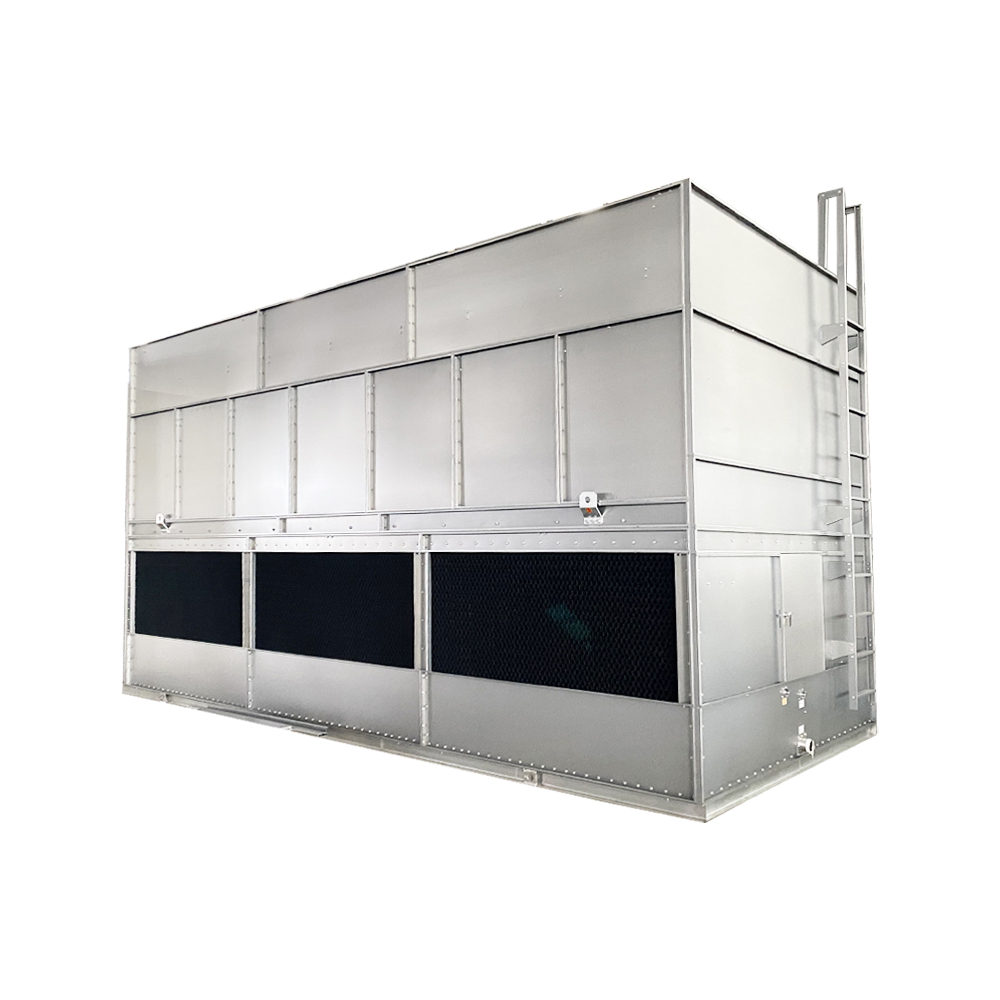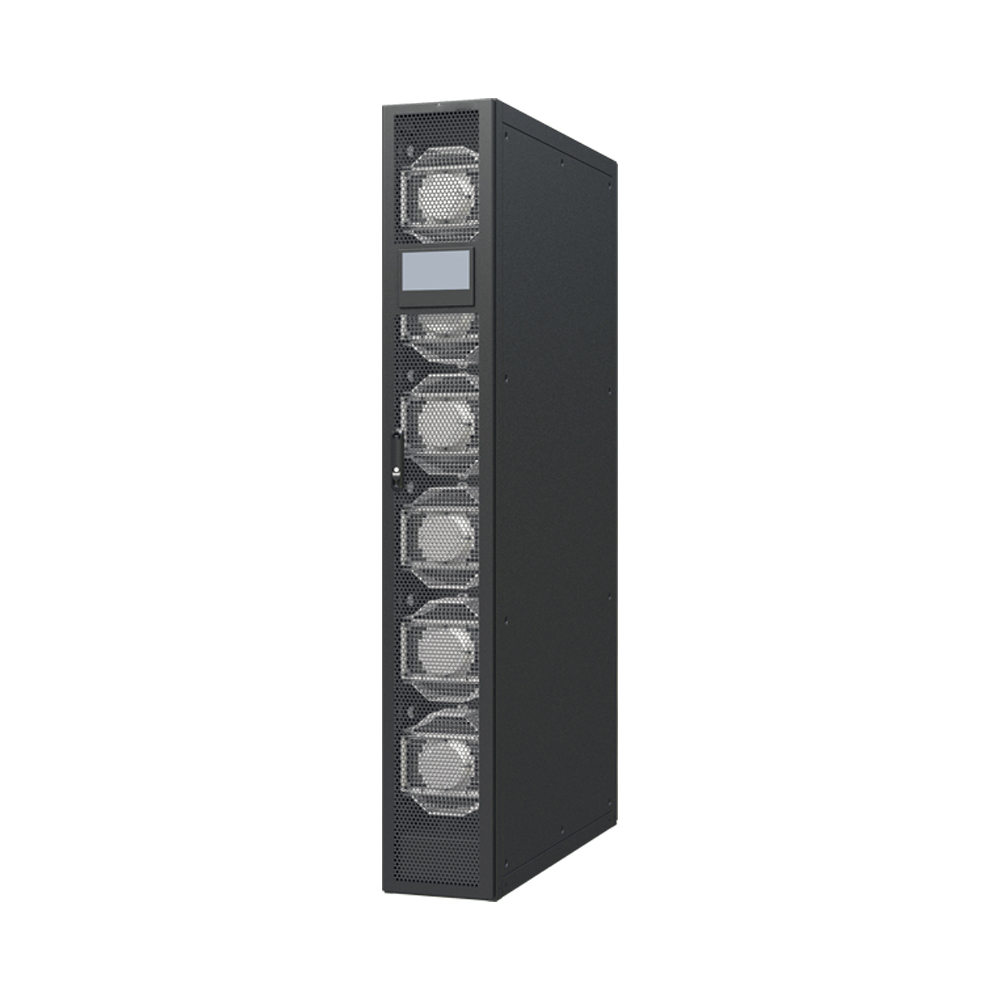Selecting the right OEM AHU coil is crucial for the efficient and reliable operation of your air handling unit (AHU). This guide delves into the specifics of OEM AHU coils, helping you understand the various types, their applications, and the factors to consider during the selection process. We'll explore different materials, coil configurations, and performance characteristics to ensure you make an informed decision.
Understanding OEM AHU Coils
What are OEM AHU Coils?
Original Equipment Manufacturer (OEM) AHU coils are heat exchangers specifically designed and manufactured for integration into air handling units. These coils are a critical component responsible for heating or cooling the air that circulates within a building's HVAC system. They transfer heat from or to the refrigerant, thus regulating the temperature of the air stream. The quality of the OEM AHU coil directly impacts the overall efficiency and lifespan of your AHU.
Types of OEM AHU Coils
OEM AHU coils come in various types, each suited for different applications and environments. Key distinctions include:
- Cooling Coils: These coils absorb heat from the air, cooling it before it's circulated throughout the building. Common materials include copper and aluminum.
- Heating Coils: These coils transfer heat to the air, warming it before distribution. They are often constructed from copper or steel tubing.
- DX Coils (Direct Expansion): These coils have refrigerant flowing directly through them, offering efficient cooling or heating.
- Water Coils: These coils use hot or chilled water to transfer heat, offering flexibility in integration with different HVAC systems.
Factors to Consider When Selecting an OEM AHU Coil
Capacity and Performance
The OEM AHU coil must be sized appropriately to meet the heating or cooling requirements of the specific AHU and the building it serves. This requires careful consideration of factors like building size, climate, and occupancy. Manufacturers provide performance data, including BTU/hr ratings, which should be carefully reviewed. Consider factors like air flow rate and pressure drop to ensure compatibility.
Material and Construction
The choice of material significantly impacts the coil's durability, efficiency, and lifespan. Copper coils are known for their excellent heat transfer properties and corrosion resistance. Aluminum coils are lighter and more cost-effective but may be more susceptible to corrosion in certain environments. The coil's construction, including fin density and tube spacing, also affects its performance.
Refrigerant Compatibility
Ensure compatibility between the OEM AHU coil and the refrigerant used in the HVAC system. Different refrigerants have varying pressures and temperatures, and using an incompatible coil can lead to performance issues or system damage. Always consult manufacturer specifications.
Maintenance and Serviceability
Easy access for cleaning and maintenance is crucial. A coil that's difficult to access will be neglected, leading to reduced efficiency and a shorter lifespan. Consider the coil's design and location within the AHU.
Finding the Right OEM AHU Coil Supplier
Finding a reliable supplier of high-quality OEM AHU coils is essential. Research potential suppliers, comparing their product offerings, pricing, and customer service. Consider factors like lead times and warranty options. For superior quality and reliable OEM AHU coils, consider contacting Shanghai SHENGLIN M&E Technology Co.,Ltd, a leading provider of HVAC solutions.
Conclusion
Choosing the correct OEM AHU coil is a critical step in ensuring the efficient and reliable operation of your HVAC system. By carefully considering the factors discussed in this guide, you can select a coil that meets your specific needs and provides years of trouble-free service. Remember to always consult with HVAC professionals for assistance in selecting and installing the appropriate coil for your application.









